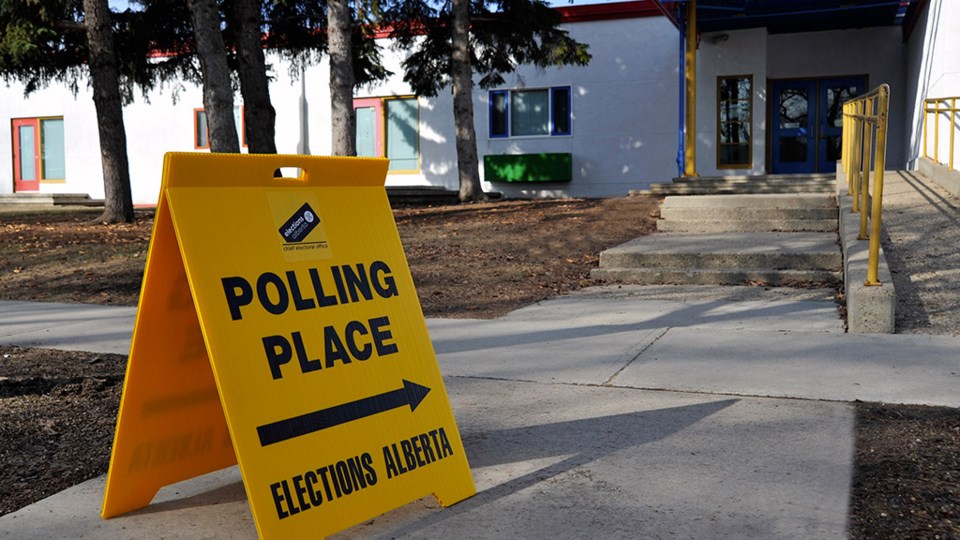Alberta’s Bill 20 will come into force on Oct. 31, bringing a host of changes for local councils and elections.
The legislation establishes regulations for municipal political parties, sets limits for campaign contributions, and adds new responsibilities for municipalities.
Political parties will soon be able to register in Edmonton and Calgary. To register, parties are required to have a minimum of 1,000 members and a list of potential candidates who, if elected, would make up one third of the council.
Local political parties aren’t allowed to share information, money, or resources with provincial or federal parties, and their names can’t resemble those of existing parties at any level of government.
At a press event on Friday, Municipal Affairs Minister Ric McIver said these regulations would be adapted as needed when local political parties are introduced to municipalities beyond the province’s two largest cities.
Registered mayoral candidates can now spend up to $1 per person in the municipality on their campaign, or $20,000, whichever is greater. Campaign expense limits for councillors are set at $1 per person in the ward or municipality, or $20,000. Political parties can spend $1 per person based on the average population of all wards in each ward the party has endorsed candidates.
Campaign expense limits are halved in the year before a general election, and no campaigning is permitted in the first two years following an election.
Alberta Municipalities (ABmunis), which represents 265 communities in Alberta, said these contribution rules effectively increase campaign spending limits for candidates affiliated with parties, and put independent councillors at a disadvantage.
“We note that candidates who run under a political party will benefit from greater funding. This creates an environment in which independent candidates are at a significant disadvantage, a concern we raised during our consultations with the provincial government,” a spokesperson for ABmunis said in a statement.
The group also raised concerns that changes to how elections are conducted will create “unwelcome expenses, complexity and potential delays in election results.”
“The new provincially mandated rules that will apply to the 2025 municipal elections will add considerable work and cost to municipal government. In addition to the returning officers' usual duties and responsibilities, they must now keep a watchful eye on political parties' conduct to ensure compliance. The amount of extra effort and expense this will require is unknown but should not be underestimated,” the statement from ABmunis said.
Bill 20 prohibits the use of electronic voting machines or voting tabulators. Tabulators, which count paper ballots, have been in use in the province for decades, and municipalities have said hiring the additional staff needed to count paper ballots will greatly increase the cost of elections for taxpayers.
The new legislation also requires municipalities to create a permanent electors registry, which will build off the existing provincial registry of electors.
Corporate and union donations will again be allowed in local elections, reversing an NDP-era ban. Unions or corporations can donate up to $5,000 per municipality per year, the same limit as individual donations.




